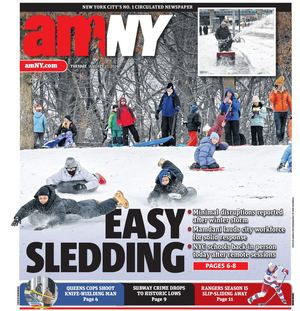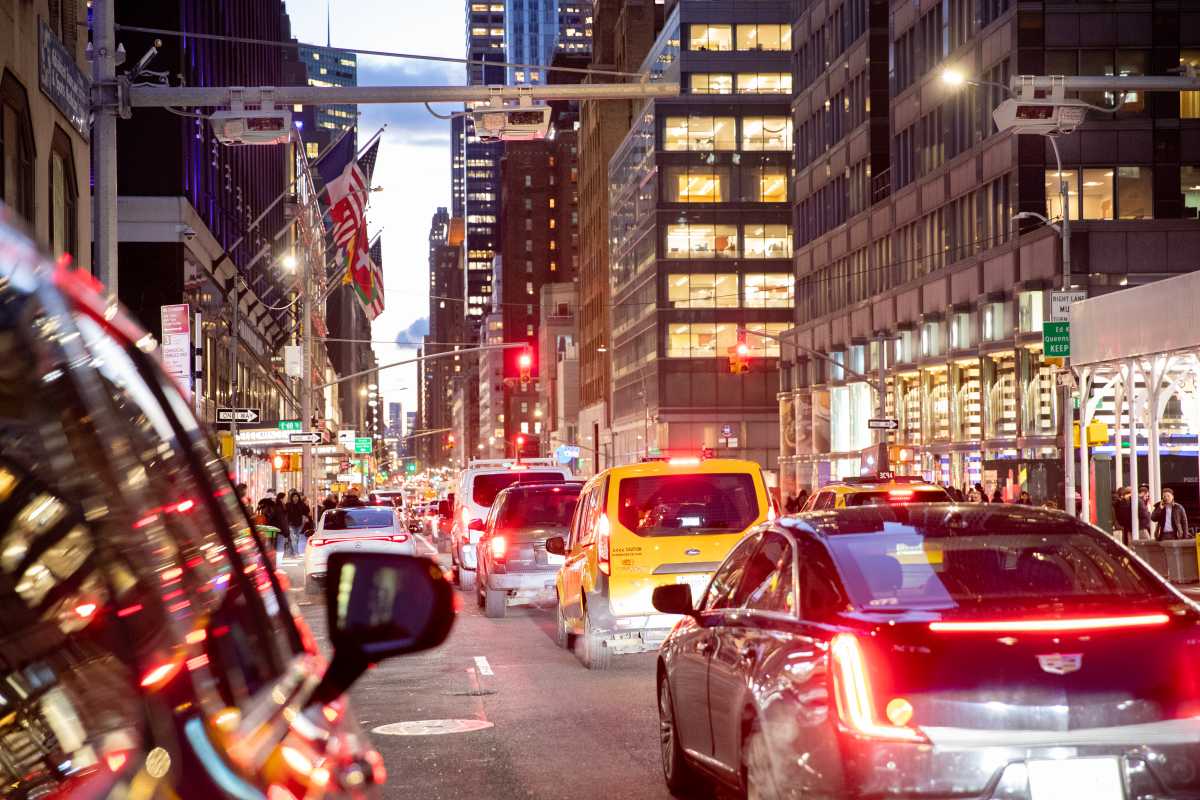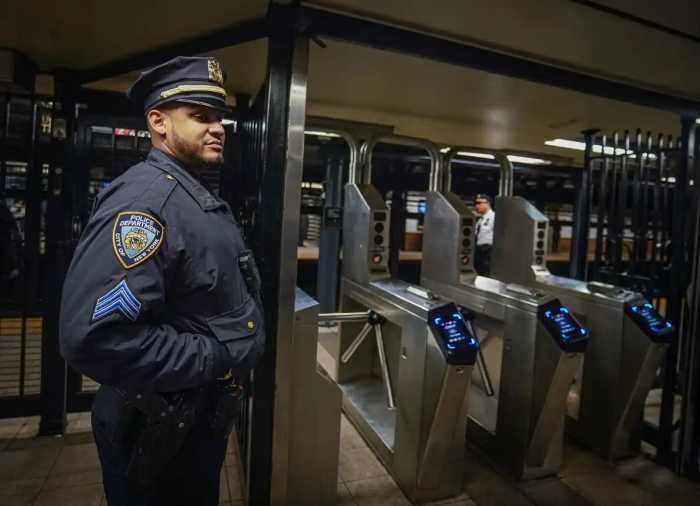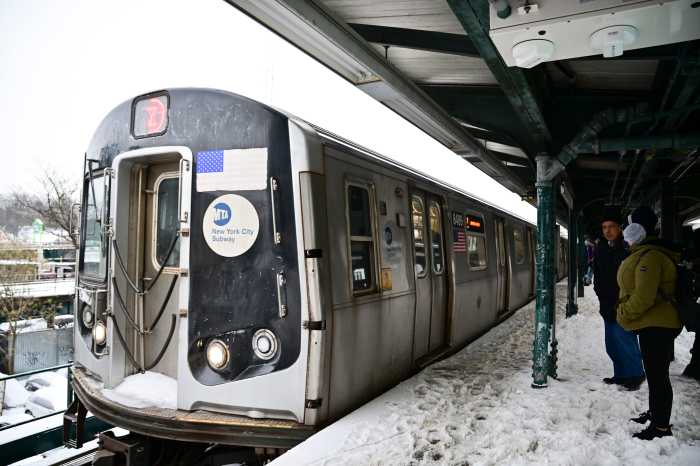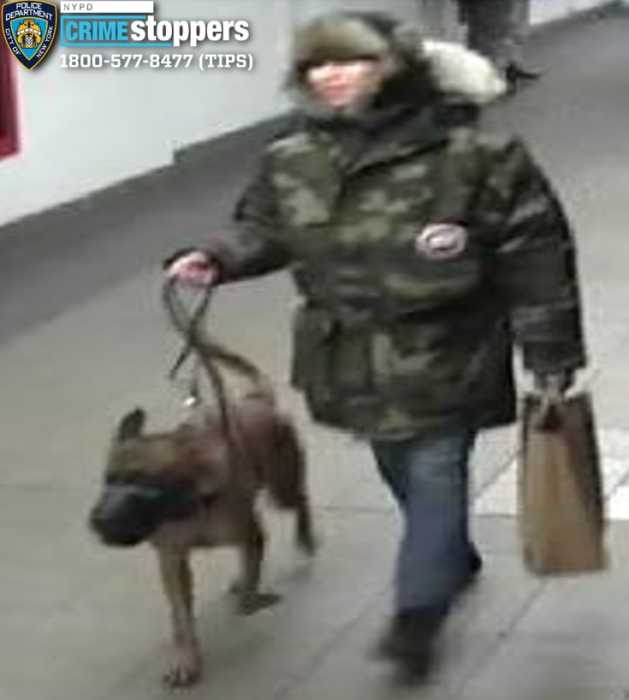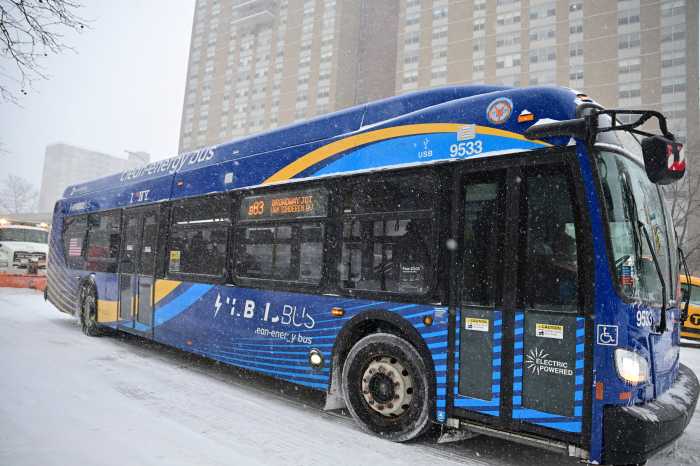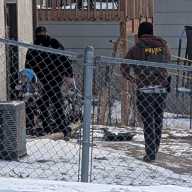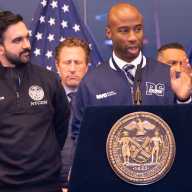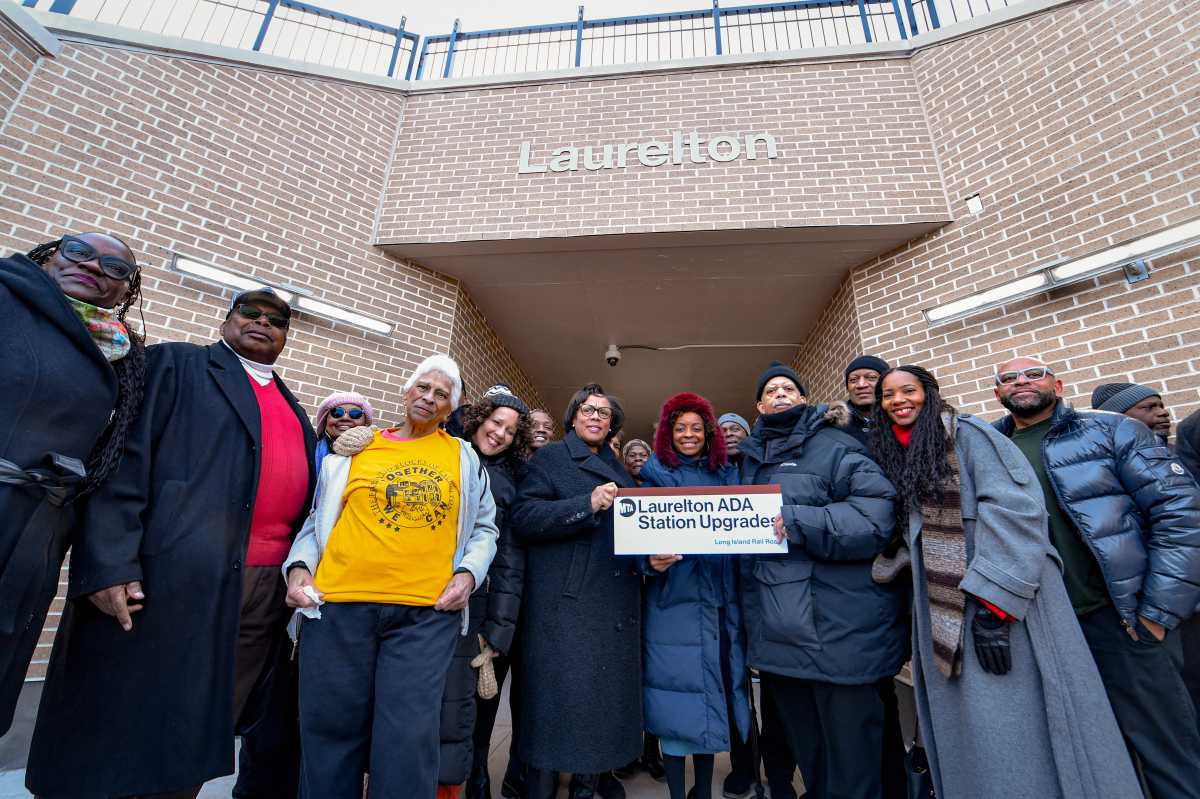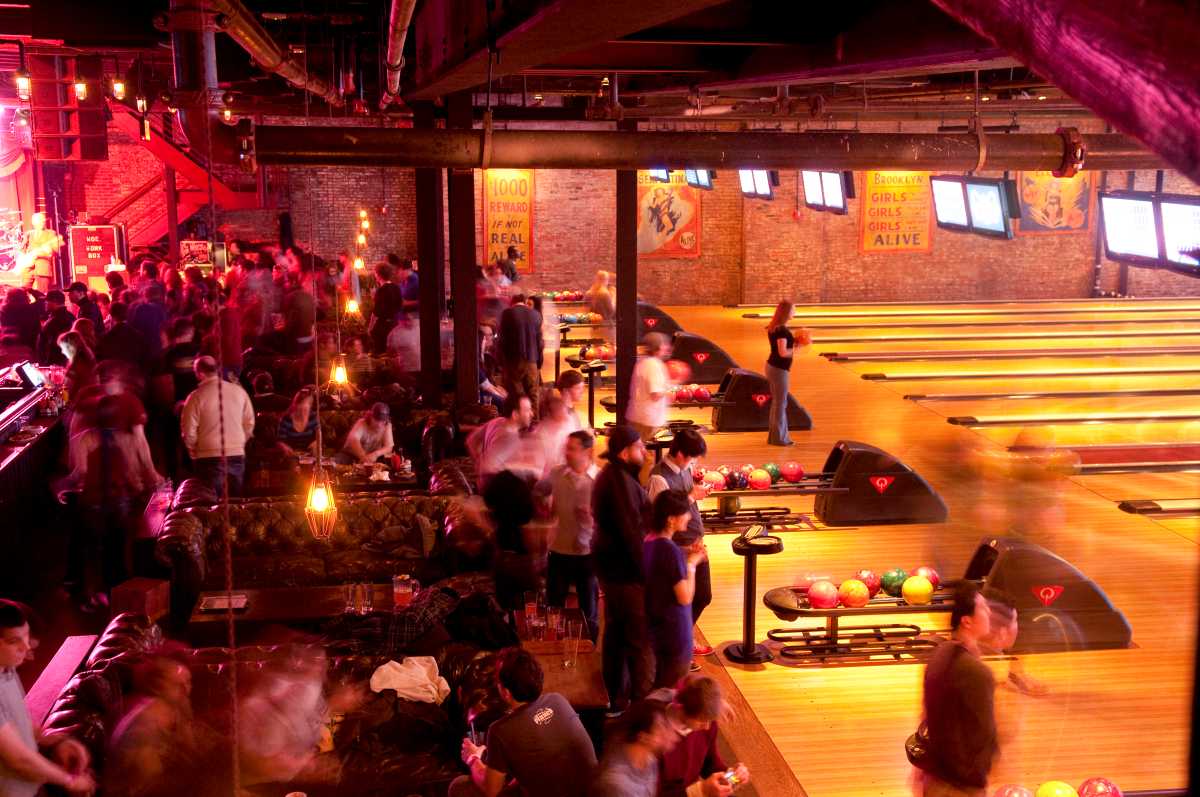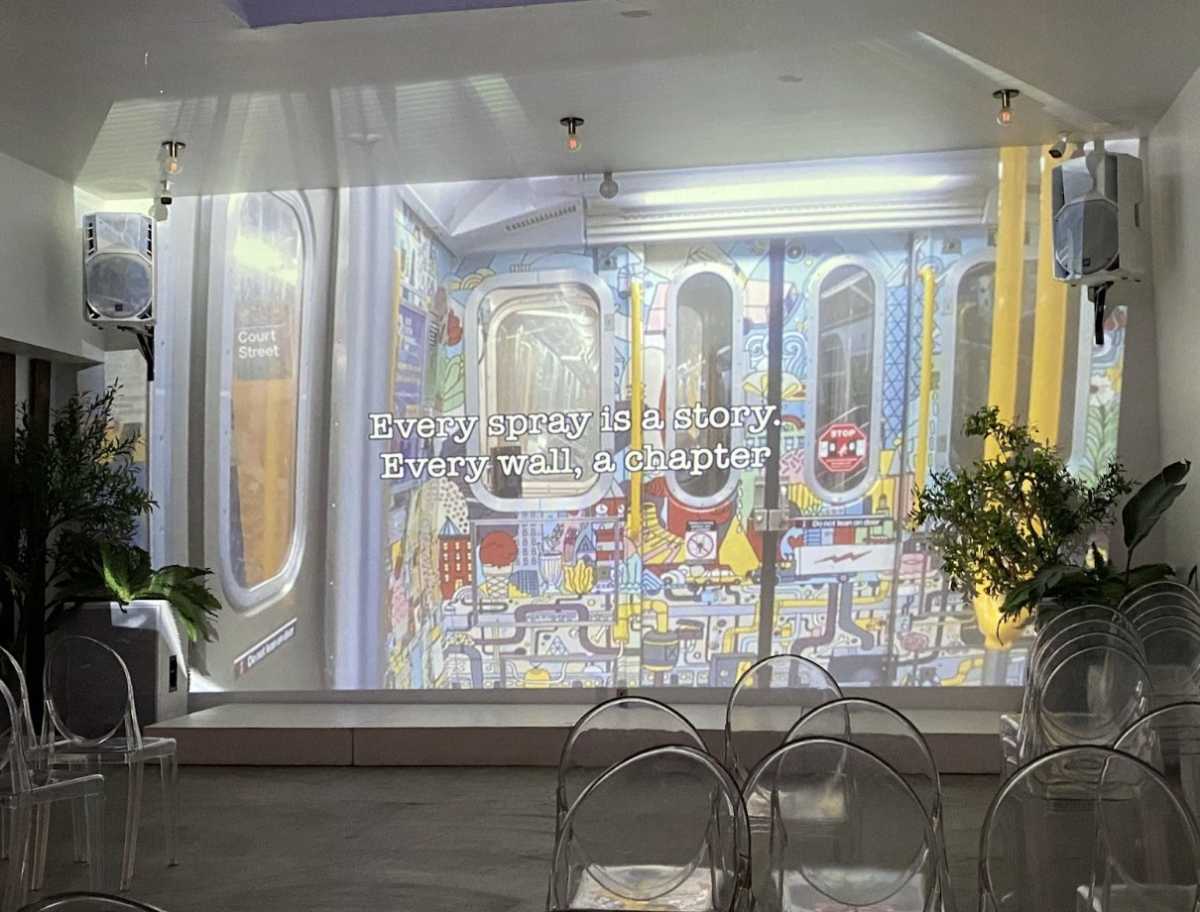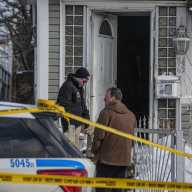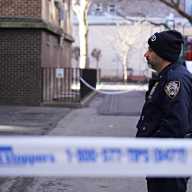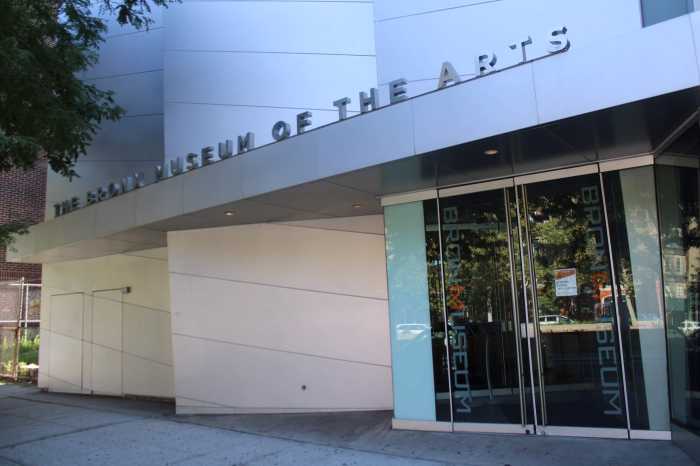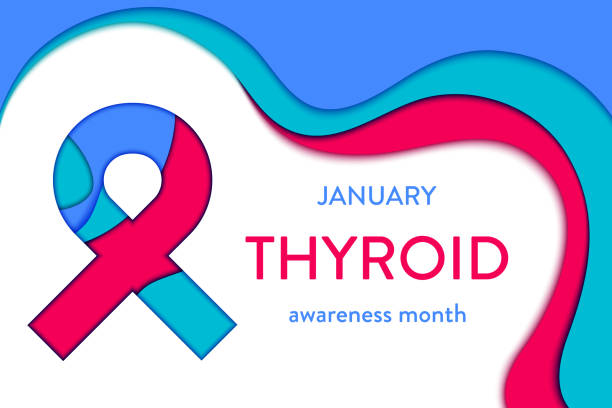It’s rush hour for congestion pricing.
Gov. Kathy Hochul is expected to revive congestion pricing this week, with tolls beginning by year’s end, while New York Republicans, fresh off national victories for president, the House and Senate, are urging President-elect Donald Trump to swiftly kill congestion pricing ahead of his inauguration in January.
Hochul is expected to roll out a new congestion pricing proposal on Thursday, with the base fee to drive into lower Manhattan lowered by 40%, from $15 to $9, Gothamist reported on Wednesday.
The outlet reported that the MTA Board is expected to vote on the new plan at its monthly meeting next week, with an anticipated start date of Dec. 29.
“Gov. Hochul paused congestion pricing because a daily $15 toll was too much for hard-working New Yorkers in this economic climate,” Hochul’s spokesperson Avi Small said in a statement to amNewYork Metro. “Tomorrow, the Governor will announce the path forward to fund mass transit, unclog our streets and improve public health by reducing air pollution.”
A source close to negotiations confirmed Hochul had spoken to the Biden administration about an “updated plan to advance the project,” but did not confirm other details.

Congestion pricing has been on “temporary pause” since June, when Hochul axed the toll’s June 30 start date, citing the high cost of living for New Yorkers. But after Trump — who promised to “TERMINATE” the tolls — won a second term last week, advocates began pushing Hochul to quickly revive congestion pricing, hopeful that an up-and-running program could withstand a full-frontal assault from Washington, and prevent the critical investments in mass transit it would fund from going the way of the dodo.
Meanwhile, five New York Congressional Republicans sent a letter to Trump on Tuesday urging the president-elect to fulfill his campaign promise to axe the toll to drive into Manhattan below 60th Street.
“Governor Hochul recently announced that she would pursue an almost immediate implementation of the congestion pricing cash grab, despite cynically ‘pausing’ it earlier this year in an effort to win back the House,” reads the letter, signed by Reps. Mike Lawler, Nicole Malliotakis, Andrew Garbarino, Nick LaLota, and Anthony D’Esposito.
“Now that her efforts have failed, she is planning to fast-track this cash grab, which will only serve to throw fuel on the fire of the driving force of this effort: the horrific mismanagement of the MTA’s massive, bloated budget by the MTA and Hochul,” they continue.
While Hochul insisted the pause was due to the punishing impacts of inflation on New York families, rumors persisted that she actually paused congestion pricing as a means for Democrats to win back contested suburban House seats, which had fallen to Republicans in 2022 and where the toll is uniquely unpopular.
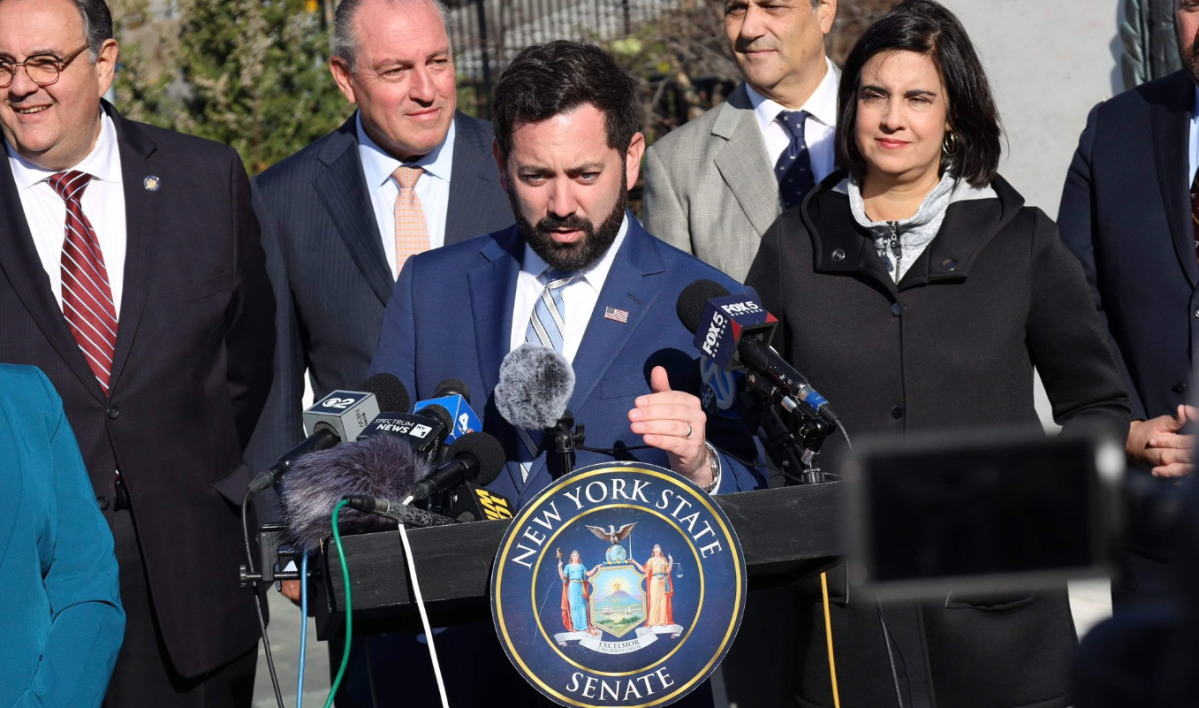
In fact, Democrats did win back three suburban seats this year, though it’s unclear if congestion pricing had anything to do with it, and the victories weren’t enough to forestall a Republican trifecta in the national government in Washington.
With Trump set to return to the White House, advocates had been scrambling to get Hochul to revive congestion pricing before the inauguration on Jan. 20.
A $9 toll may be able to avoid another federal environmental review, which when first approved in 2023 recommended a base toll of between $9 and $23. An internal MTA working group called the Traffic Mobility Review Board (TMRB) settled on $15.
Republicans, meanwhile, described the environmental review process as “manipulated” by the MTA and the Federal Highway Administration (FHWA).
Should congestion pricing not be turned on by Jan. 20, Trump can instruct his yet-to-be-named Transportation Secretary to withhold his signature from a document authorizing a “Value Pricing Pilot Program,” or VPPP. That’s the final document necessary to authorize the start of congestion pricing and the one Hochul instructed her own Transportation Commissioner, Marie Therese Dominguez, not to sign.
Top transportation officials in the Biden administration, meanwhile, have previously said they were ready to sign the VPPP, authorizing the first congestion pricing program in the United States.
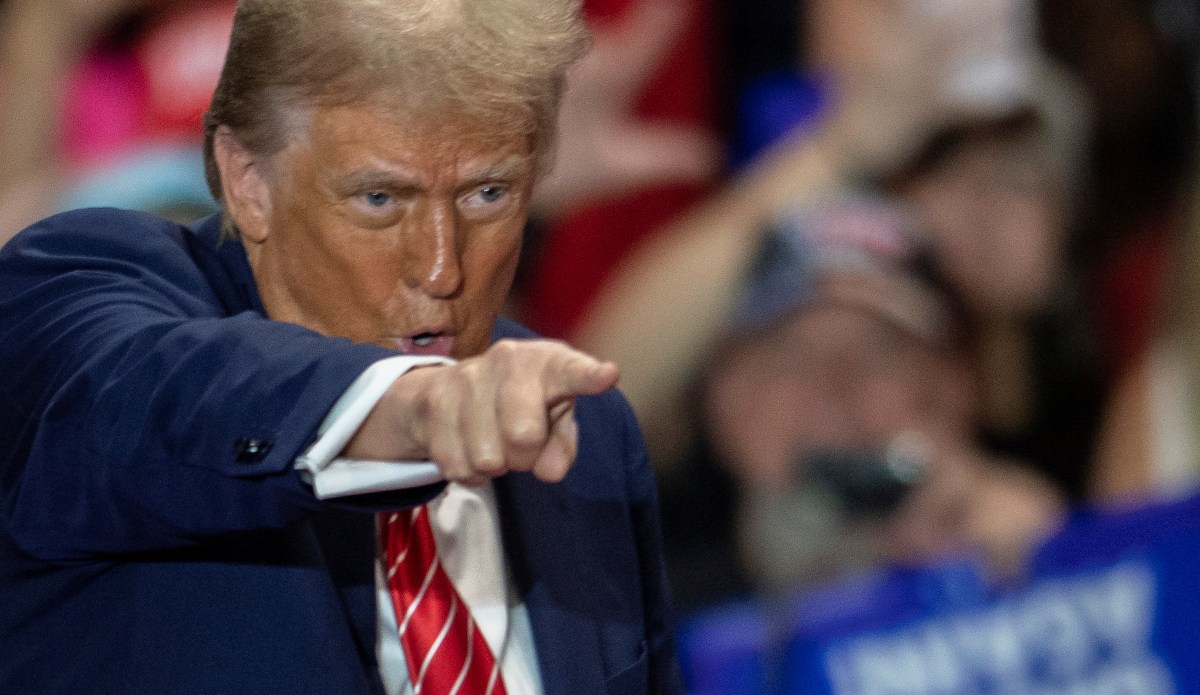
Even if a $9 toll didn’t require another environmental review, it could cause other complications. The original state law requiring the MTA to undertake congestion pricing — passed in the wake of 2017’s “Summer of Hell,” when chronic transit disinvestment came to a horrifying head — requires the toll to generate enough money to underwrite $15 billion in debt from the bond market, likely about $1 billion per year.
A lower toll might not achieve that mark. It could also require compromises to other aspects of the toll, including higher tolls for trucks (which are already at an eye-popping $36), reduction in overnight discounts meant to encourage nighttime deliveries, reduced crossing credits on already-tolled MTA and Port Authority bridges and tunnels, reduced discounts for low-income drivers, or increased surcharges on taxi, Uber, or Lyft rides.
Otherwise, the MTA may have to permanently shrink its ambitious 2020-24 capital plan, undergirded by congestion pricing, and its investments in things like more subway elevators, new railcars, replacing ancient subway signals that frequently break, and extending the Second Avenue Subway. New contracts have already been on pause for months.
Other outstanding questions include whether the new scheme would need “re-evaluation” by the feds to ensure it fits within the environmental assessment, and whether the TMRB will need to approve the new tolls and the process for that.
Should the program be revived, it still faces further potential roadblocks; lawmakers opposed to the toll on Tuesday gathered on Staten Island, with Lawler previewing legislation and litigation to stop congestion pricing “dead in its tracks.”
